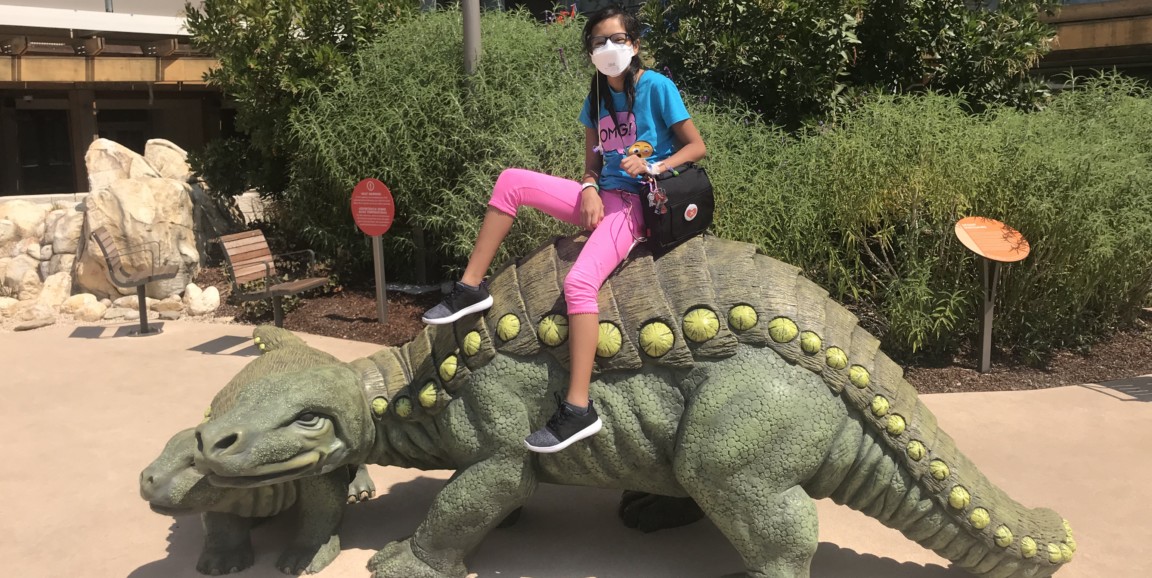When 12-year-old Lizneidy Serratos was airlifted to the Bay Area in early August, her heart was pumping so weakly that she could not walk or eat. Even the flavor of toothpaste made her nauseated, her pediatric cardiologist, Christopher Almond, MD, told me.
At home in Reno, Lizneidy had just been diagnosed with a severe form of heart failure called dilated cardiomyopathy. It was a huge shock to her family.
To save her life, Almond and his colleagues at Lucile Packard Children's Hospital Stanford determined Lizneidy needed a medical device that was not approved by the U.S. Food and Drug Administration. The device, called a small sewing ring, is a washer-like attachment that helps connect a failing heart to a mechanical pump. A larger sewing ring that had been approved by the FDA wasn't suitable for a child Lizneidy's size.
As Lizneidy struggled to stay alive, Almond enlisted people across the country to make sure she could get the help she needed, a story I wrote explains:
[On] Thursday, August 9, Almond began the process of asking the FDA for a compassionate-use exemption to allow the small sewing ring. He wrote a letter to the FDA and the device manufacturer, Abbott, requesting permission to use the smaller unapproved sewing ring; contacted Stanford's ethics team to get its permission for the unusual surgery; and arranged for another cardiologist to provide an independent second opinion to the FDA. On Friday, as hours ticked by and paperwork stacked up, people in several locations across the country -- including FDA staff -- stayed late at work to help.
"The process for getting compassionate-use approval is a bit complex," Almond said, noting it can take days or weeks. But everyone recognized the urgency of Lizneidy's case. "The hospital, the FDA and the company did a phenomenal job supporting this medical request on such short notice."
Everyone's dedication paid off. The compassionate-use exemption came through by 9 p.m. on Friday, allowing Lizneidy to receive heart surgery on the morning of Sunday, Aug. 12. The sewing ring is attached to a ventricular assist device, a pump, that is now bolstering the function of her heart. There is a strong possibility Lizneidy will still need a heart transplant. But while she waits to find out if her heart will recover, she's able to walk, eat, live outside the hospital, and perform many other normal activities.
When I met Lizneidy a month after her surgery, we looked at photos her family had taken during her hospital stay. One of my favorites showed her with a big plate of food and an enormous grin. She was really happy to be feeling more like herself again.
And the FDA recently approved the small sewing ring, so other kids will be able to benefit, too.
Photo of Lizneidy at Packard Children's courtesy of her mother, Maricela Alvarado-Lazarit.




